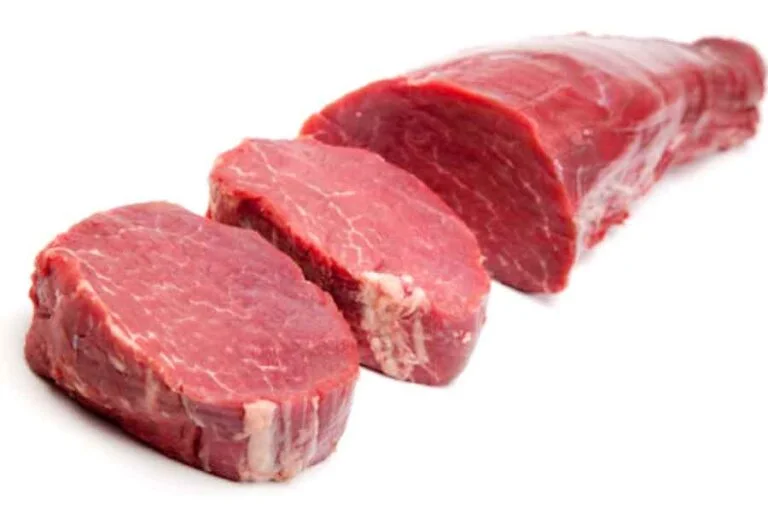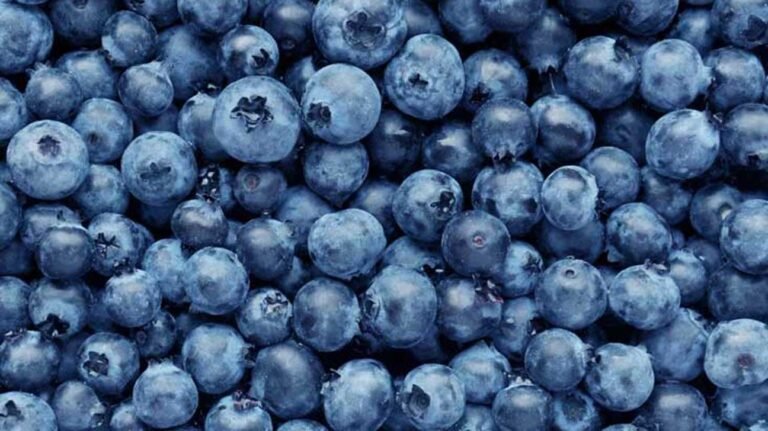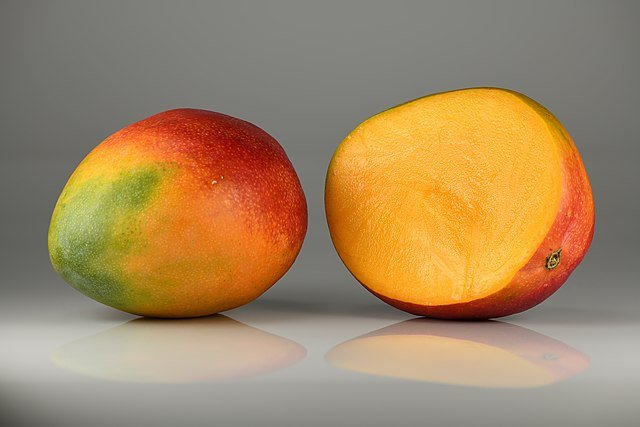Can Schnauzer Eat Chicken? An In-Depth Guide to Poultry in Their Diet
Chicken – the quintessential protein source – is undeniably popular in many cuisines worldwide. For dog owners, especially of the distinctive Schnauzer breed, the pressing question is: “Can Schnauzer eat chicken?” This article will shed light on the compatibility of chicken with the Schnauzer’s dietary needs, covering everything from nutritional insights to ideal preparation methods.
The Nutritional Value of Chicken
As a staple in human diets, chicken boasts an impressive nutritional profile that can be beneficial for dogs:
- Protein: An essential component for muscle development, repair, and overall growth.
- Vitamins: Chicken is a powerhouse of B vitamins that aid metabolism and promote overall health.
- Minerals: Elements like selenium, phosphorus, and zinc in chicken support various bodily functions, from immune health to bone structure.
Why Chicken Makes Sense for Schnauzers
Given the nutritional richness of chicken, one might wonder how these align with the specific needs of a Schnauzer.
1. Protein for Active Lifestyles
Schnauzers are vivacious and energetic, necessitating a diet rich in protein. Chicken can be a valuable source to meet this requirement, ensuring they remain active and vibrant.
2. Digestibility Factor
Beyond its taste appeal, chicken is relatively easy for most dogs to digest, making it a viable protein option even for Schnauzers with sensitive stomachs.
3. Beauty Benefits
The vitamins in chicken, notably the B vitamins, play a role in maintaining a shiny and healthy coat, ensuring your Schnauzer remains a head-turner.
Chicken in a Schnauzer’s Diet: Concerns to Note
While chicken is nutritionally dense, certain aspects warrant attention when feeding it to Schnauzers:
- Bone Hazards: Cooked chicken bones can be perilous. They can splinter easily, leading to potential choking or internal damage.
- Watch the Fat: Schnauzers can be prone to pancreatitis. So, always trim off excess fat from chicken to prevent any health complications.
- Chicken Allergies: A small percentage of Schnauzers might exhibit allergic reactions to chicken, noticeable through skin irritations or gastrointestinal upsets.
- Prioritize Quality: Given the rampant use of antibiotics and hormones in poultry farming, always opt for organic, free-range chicken for your Schnauzer.
Introducing Chicken to a Schnauzer: Best Practices
1. To Cook or Not to Cook?
While raw diets are gaining popularity, cooking chicken eradicates potential harmful bacteria. Lightly steamed or boiled chicken is most recommended for Schnauzers.
2. Spice-Free is the Way
Human seasonings, especially onions and garlic, can be toxic to dogs. Serve chicken in its most natural form, devoid of any spices.
3. Portion Control
While chicken is nutritious, it shouldn’t overshadow other essential components of a Schnauzer’s diet. Ensure it complements their regular meals rather than replaces them.
4. Monitor and Adjust
Keep a close eye on your Schnauzer when introducing chicken to their diet. If they show signs of discomfort or allergies, it’s advisable to reconsider its inclusion.
FAQs: Addressing Common Queries
| Question | Answer |
|---|---|
| Can I serve my Schnauzer chicken daily? | While chicken is nutritious, diversity is key in a dog’s diet. Aim to include chicken 2-3 times a week. |
| Is chicken broth safe for Schnauzers? | Absolutely, provided it’s devoid of harmful additives and excessive salt. It can be a tasty treat or meal topper! |
| My Schnauzer seems allergic to chicken. What next? | Immediately discontinue chicken and consult with your vet. They might recommend alternative protein sources. |
| What’s a good chicken-based recipe for Schnauzers? | Chicken, rice, and carrot stew is simple and nutritious. Remember to serve in moderation! |
Wrapping Up
The age-old query, “Can Schnauzer eat chicken?”, finds its nuanced answer in this guide. While chicken is undeniably beneficial, a balanced approach ensures your Schnauzer reaps its benefits without any drawbacks. As with all dietary changes, always collaborate with a veterinarian for tailored advice.








